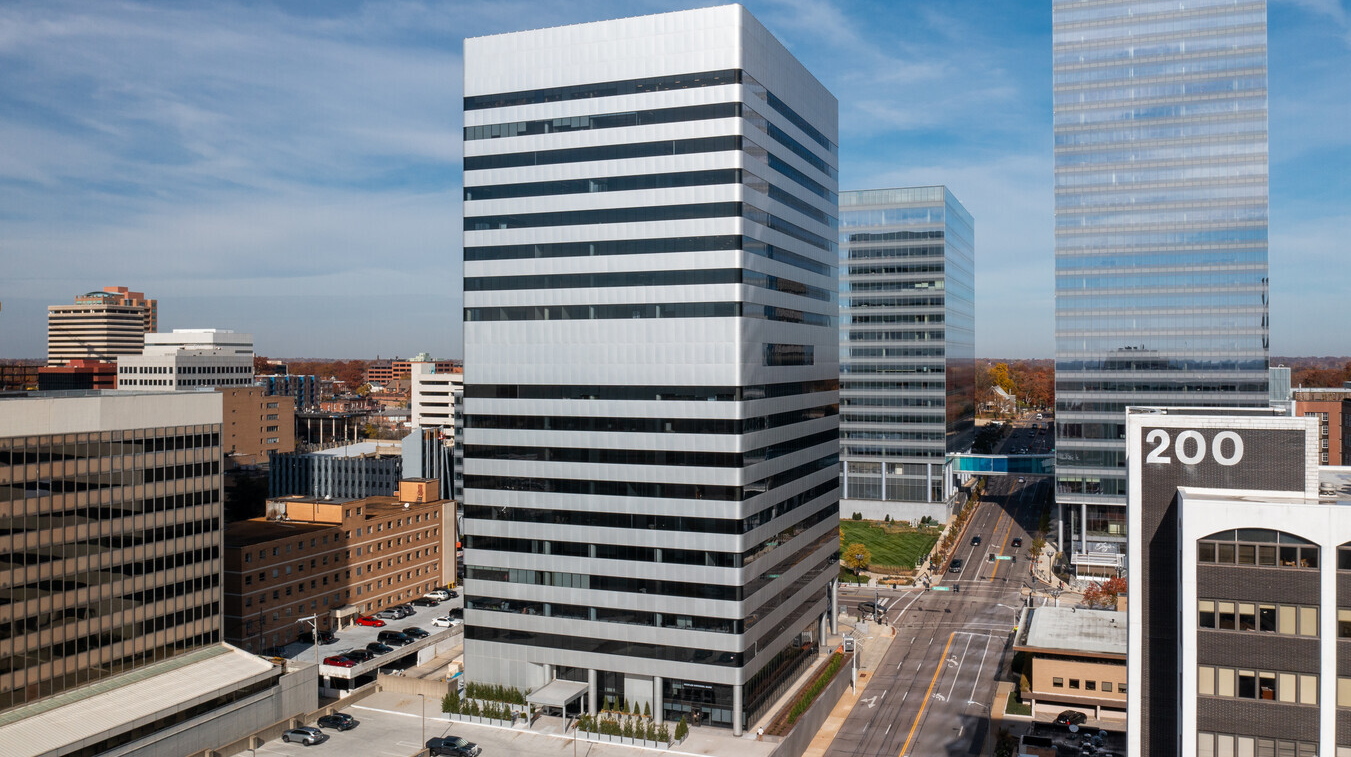Modern guests expect a workspace that is functional, comfortable, and free from distractions.
What is a workspace? We all have our ideal conditions for getting things done and anyone who has tried to work in a distracting or uncomfortable situation understands the importance of setting for productivity.
In recent years, work settings have undergone a seismic shift, fueled by advancements in technology, changing attitudes toward work-life balance, and the global response to the COVID-19 pandemic. With the rise of digital nomadism and the proliferation of remote-friendly jobs across various industries, more individuals than ever before are opting to work remotely, blurring the lines between work and leisure, and reshaping the way we think about productivity and work environments.
The traditional nine-to-five office model is no longer the norm, as professionals seek greater flexibility, autonomy, and freedom in how and where they work. By prioritizing the needs of remote workers, the hospitality industry can tap into a growing market segment, differentiate itself from competitors, and enhance the overall guest experience. As remote work continues to become more prevalent,hotels and resorts that proactively adapt to meet the needs of remote workers stand to benefit from increased occupancy rates, higher guest satisfaction levels, and greater long-term success.

Understand the Needs of Remote Workers
Hotels have a unique opportunity to cater to both traveling remote workers and long-term workspace renters by offering flexible accommodations and amenities tailored to their diverse needs. By providing temporary workspaces, reliable internet access, and amenities conducive to productivity, hotels can attract traveling remote workers looking for short-term stays while also offering extended stay options and coworking facilities to accommodate long-term workspace renters.
The cornerstone of effective hospitality design lies in understanding and prioritizing the needs of guests. Modern remote workers have unique requirements that extend beyond the typical amenities found in traditional hotel rooms. These individuals require reliable high-speed internet, soundproofing to minimize distractions, adjustable lighting, ergonomic workspaces, and comfortable seating options. Designers must take these factors into account when conceptualizing and implementing hotel spaces, ensuring that they cater to the diverse needs of remote workers while also providing a comfortable and inviting atmosphere for relaxation.
The Role of Technology
High-speed internet connectivity is a non-negotiable requirement for remote workers, and hotels must invest in robust Wi-Fi infrastructure to meet this demand. Additionally, hotels can leverage technology to enhance the guest experience, offering digital check-in and check-out processes, mobile key access, and virtual concierge services. By embracing technology, hotels can streamline operations, improve efficiency, and provide guests with the tools they need to work and relax seamlessly during their stay.
Flexibility and Adaptability in Design
Hotel spaces are no longer static environments but rather dynamic spaces that can accommodate a variety of activities and purposes. Flexibility in design allows hotels to create multifunctional spaces that can serve as co-working areas during the day and social hubs in the evening. By incorporating modular furniture, movable partitions, and versatile layouts, designers can transform hotel spaces to meet the changing needs of guests, whether they are working, socializing, or relaxing.
Some remote workers prefer the hustle and bustle of city hotels for their convenience and proximity to amenities, while others seek out resorts and retreats for a more tranquil and secluded work environment. Hotel operators can cater to these diverse preferences by offering a range of accommodation options, from urban boutique hotels with dedicated co-working spaces to remote resorts with spacious suites and private work areas. By providing a variety of settings and amenities, hotels can attract remote workers from all walks of life and ensure that their needs are met.
Create Productive Workspaces
Creating dedicated workspaces within hotel environments requires careful consideration of various factors, including layout, design, and amenities. Designers must prioritize functionality and efficiency while also ensuring that workspaces are comfortable, inspiring, and conducive to productivity. Ergonomic furniture, ample natural light, and adjustable temperature controls are essential features that contribute to a productive work environment. Additionally, hotels can offer amenities such as complimentary coffee and snacks, high-quality printers and scanners, and access to meeting rooms and business centers to further enhance the remote work experience for guests.
The concept of hybrid hospitality, which combines elements of hotel accommodation and co-working spaces, is gaining traction in the industry. Hotels are increasingly recognizing the opportunity to cater to remote workers by offering dedicated co-working spaces within their properties. These spaces provide guests with access to essential amenities and services, such as high-speed internet, printing facilities, and meeting rooms, while also fostering a sense of community and collaboration. By embracing hybrid hospitality, hotels can attract remote workers seeking a productive and inspiring work environment while also enjoying the comforts and conveniences of hotel living.

Imagine a Better Guest Experience
NewGround emphasizes the importance of designing hospitality spaces that prioritize guest needs and enhance the overall guest experience. Our integrated approach to design ensures that every aspect of a hotel’s environment, from the layout to the amenities, is tailored to meet the needs of today’s discerning travelers and remote workers. Contact us today to learn more about how we can help you create hospitality spaces that empower productivity and relaxation for your guests.
